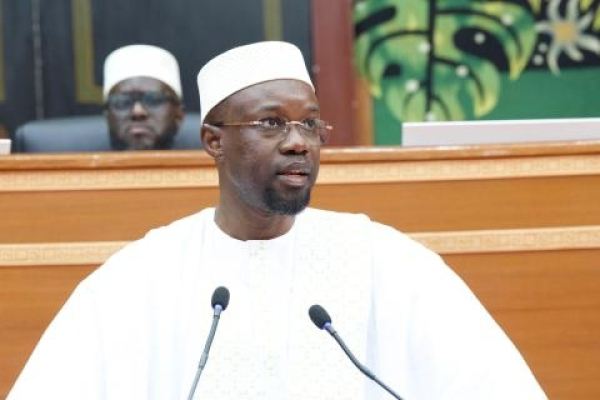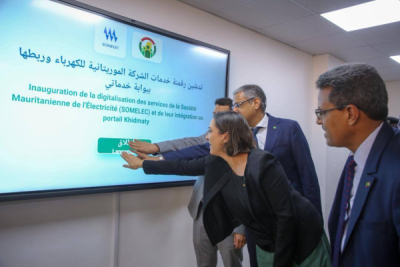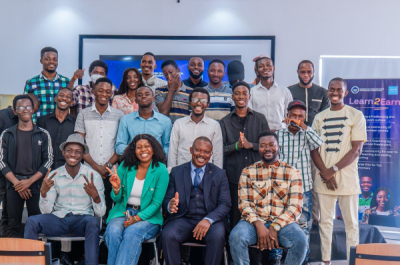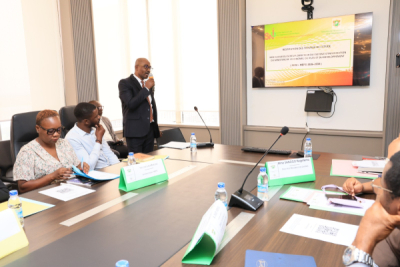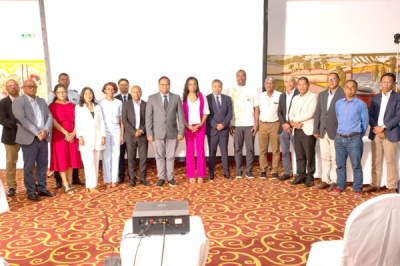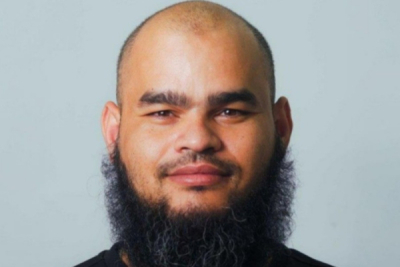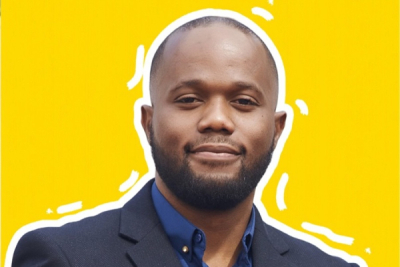In recent years, Senegal has entered a new phase, prioritizing digital technology as a cornerstone of its development strategy. The government aims to cultivate technological innovation and modernize public services to strengthen the country's competitiveness within the region.
Senegalese Prime Minister Ousmane Sonko presented his general policy statement (GPS) to the National Assembly on Friday, December 27. This document outlines an ambitious program of economic reforms designed to transform the country over the next five years, with digital technology at the core of Senegal's modernization efforts.
Key initiatives include digitizing major state registries and launching a pilot phase of the "Paperless" project, aimed at simplifying administrative procedures and improving the quality of public services.
The government has also expressed its commitment to building an ecosystem that brings together researchers, startups, and industrial players. This ecosystem will encourage investment in artificial intelligence, software development, cybersecurity, high-value-added outsourcing services, and big data management. The goal is to provide tailored solutions for businesses while positioning Senegal as a technological hub in West Africa.
Education system modernization is another priority, with plans to integrate emerging technologies, such as artificial intelligence, into school curricula. This initiative is intended to prepare Senegalese youth for the digital economy, reflecting a broader strategy to enhance human capital—a critical driver of technological and economic development.
The health sector will also benefit from this digital transformation. Projects include the comprehensive digitization of health records and scaling up electronic patient files, which aim to improve access to care, optimize hospital management, and boost the efficiency of the national healthcare system.
These reforms align with the Senegal 2050 framework, which envisions shared prosperity and inclusive modernization. Further details on this vision will be provided with the launch of the "New Technological Deal," set for January 2025. This strategy will outline how digital tools can serve as a cornerstone of Senegal's economic and social recovery.
By Samira Njoya,
Editing by Sèna D. B. de Sodji


